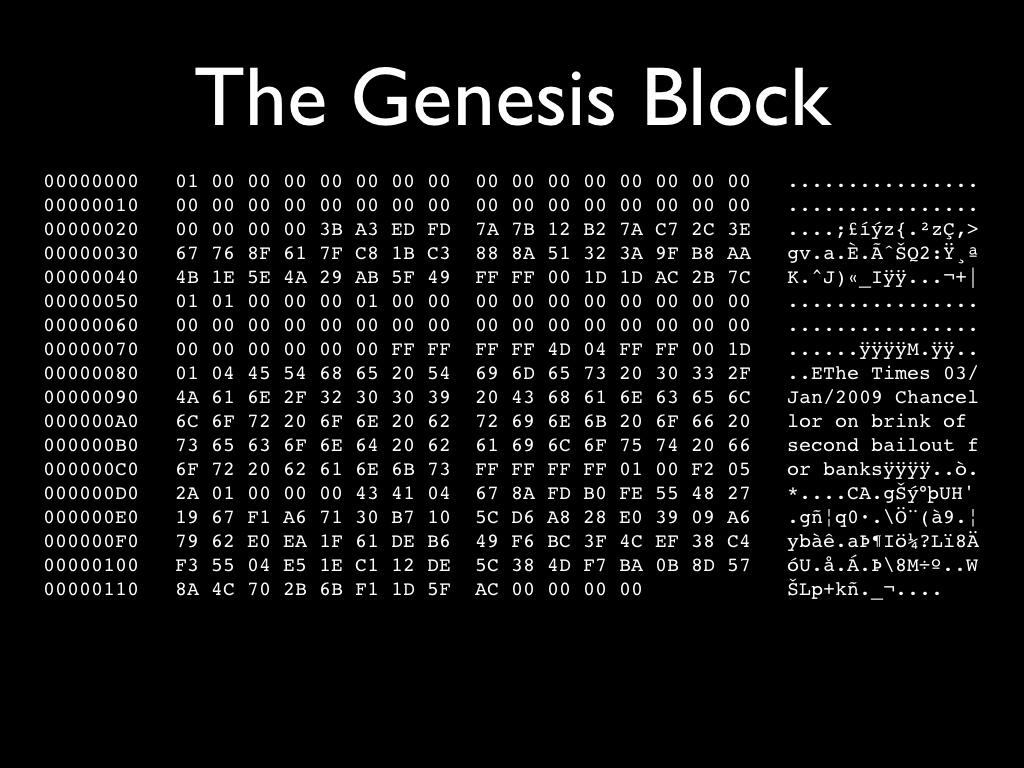 We often hear running a node is needed for decentralization. But isn't that also problematic?
We often hear running a node is needed for decentralization. But isn't that also problematic?
Surely not every user has the skills and time to ready line by line every new update that is happening on the Bitcoin source code and then agree oh yeah this is Bitcoin. Also how can I be sure that the current or next node version isn't fraudulent? For example a malicious one line code gets activated once we reach block height 700.000? With all this drama we can only trust and run the last version released by Satoshi himself back in 2010 using strictly the command line. Thoughts?
